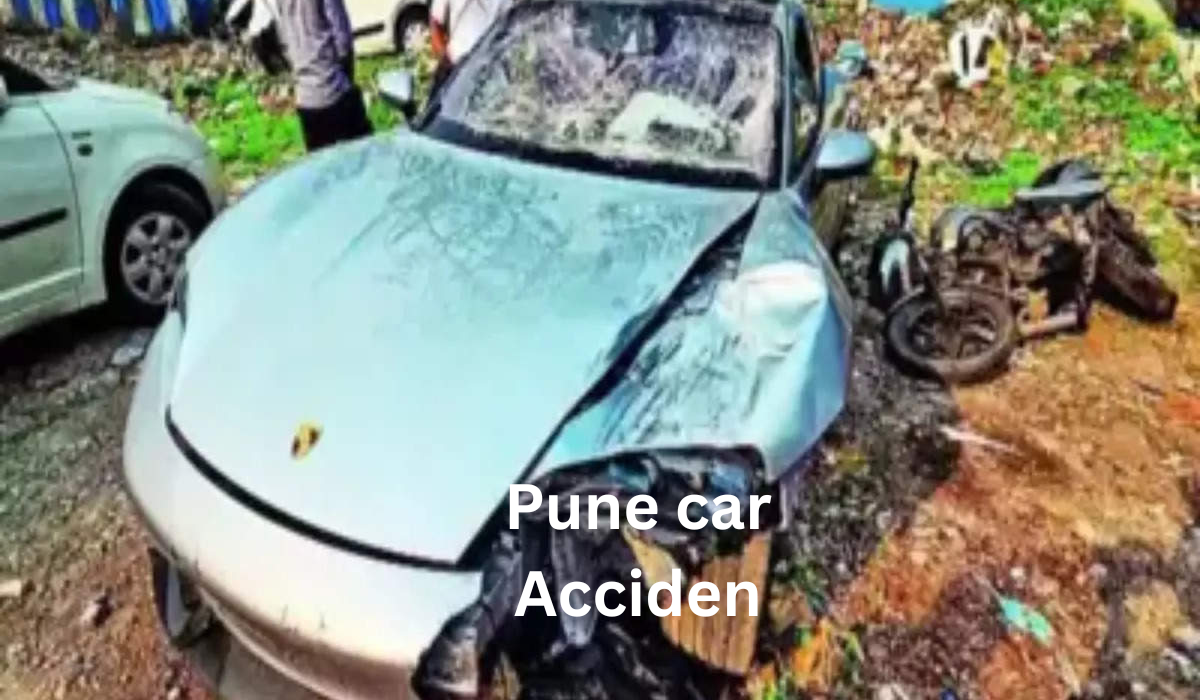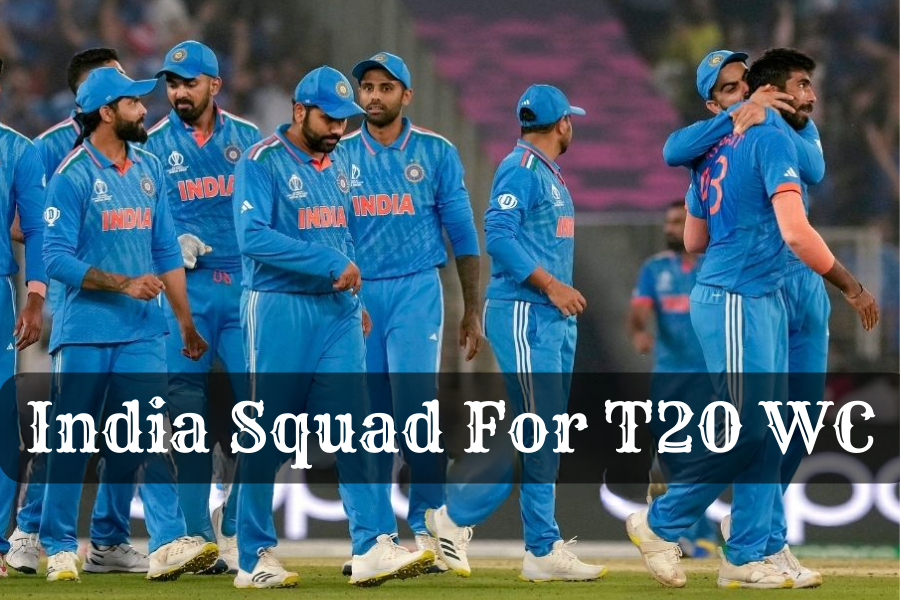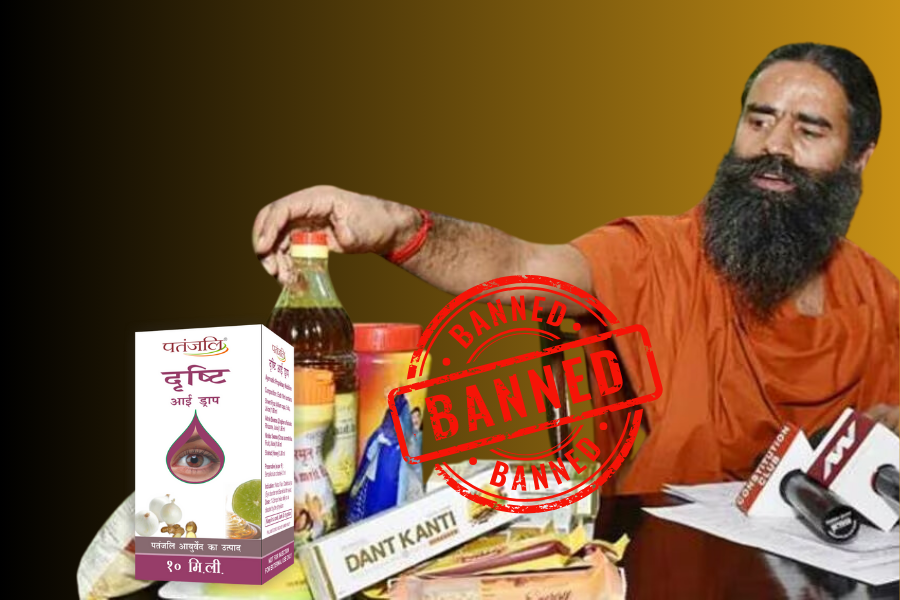Kanpur Student Tortured and Beaten In Private Parts by Seniors: Shocking Incident Exposes Brutality and Extortion
Posted on : May 8, 2024 By Santo

Table of Contents
Kanpur Student Tortured and Beaten by Seniors over Non-Payment of Money
In a shocking incident in Kanpur, a minor student preparing for competitive exams was subjected to torture and physical assault by a group of senior students. The incident came to light after videos of the brutal act went viral on social media. The police have taken swift action and arrested six individuals identified as Tanay Chaurasia, Abhishek Kumar Verma, Yogesh Vishwakarma, Sanjeev Kumar Yadav, Hargovind Tiwari, and Shiva Tripathi.
Background of the Incident
The victim, a young student, had borrowed a sum of money from his seniors. However, when he was unable to repay the amount, his seniors resorted to extreme measures. Instead of seeking a peaceful resolution, the accused individuals coerced the student into paying them a significantly higher sum of Rs 2 lakh. When the student failed to meet their demands, they locked him inside a room and subjected him to repeated physical abuse.
Brutality Captured on Video
The accused not only physically assaulted the student but also filmed the entire act. The videos that surfaced online showed the accused kicking and punching the victim, even targeting his private parts. In one particularly horrifying video, an accused individual attempted to burn the student’s hair. Another video depicted the student stripped naked with a brick tied to his private part. The assault continued for several days, causing immense physical and psychological trauma to the victim.
Delayed Police Action
Upon learning about the incident, the student informed his parents, who promptly filed a complaint with the police in Etawah. However, the family alleges that the accused individuals were initially let go with a warning. It was only after one of the videos went viral on social media on May 4 that the Kanpur police took immediate action and apprehended the culprits.
Legal Consequences
The accused individuals have been booked under various sections of the Indian Penal Code (IPC), including sections 147, 34, 343, 323, 500, 506, and 307. In addition, they have also been charged under the Protection of Children from Sexual Offences (POCSO) Act and Section 67(b) of the Information Technology (IT) Act. The police have uncovered that these men operate as a gang, residing in a flat where they target innocent students, subjecting them to threats, blackmail, and extortion.
Victim’s Background
The victim, a teenager, had come to Kanpur from Etawah to join coaching classes for competitive exams. It was during his time at the coaching center that he came into contact with the accused seniors. They lured him into playing an online betting game by providing him with Rs 20,000. However, when he failed to repay the borrowed amount, the situation escalated into a horrific ordeal for the young student.
This incident serves as a stark reminder of the importance of creating a safe and supportive environment for students. Educational institutions and authorities must take proactive measures to prevent such incidents from occurring in the future. It is crucial to foster a culture of respect, empathy, and zero tolerance for violence within educational settings.
The Rising Addiction of Online Betting in India
Online betting has seen a significant surge in India, driven by increased access to high-speed internet, widespread availability of smartphone devices, and a general increase in disposable income. The Indian online gaming sector is growing at nearly 30% annually, making it the fastest-growing segment within the media and entertainment sector.
However, this growth has a darker side. The rise of online betting has led to an increase in addiction, particularly among the youth. Many are drawn to Real Money Games (RMGs), where users play for a wager2. These games, which make up nearly 80% of the country’s online gaming industry, are easily accessible and have led to a worrying trend of gambling addiction.
The consequences of this addiction can be severe. There have been instances where individuals have lost substantial amounts of money, leading to financial distress and mental health issues. In some cases, the addiction has even led to tragic outcomes such as suicide.
Despite the alarming rise in online betting addiction, regulation remains a grey area. Gambling is illegal in India, but online gaming for stakes is not clearly defined under the law. Some states have banned such games citing mental health and addiction concerns, while others have overturned these bans.
The situation calls for urgent attention and action. There is a need for stringent regulations to control digital gambling and raise awareness about its potential risks. As the internet and smartphones penetrate deeper into the villages of India, it becomes even more crucial to safeguard the vulnerable sections of society from falling prey to these virtual games.
Share this articlePosted on : May 8, 2024 By Santo
Join Our Club

"Stay Informed, Stay Ahead – Join Our Club Today!"



















